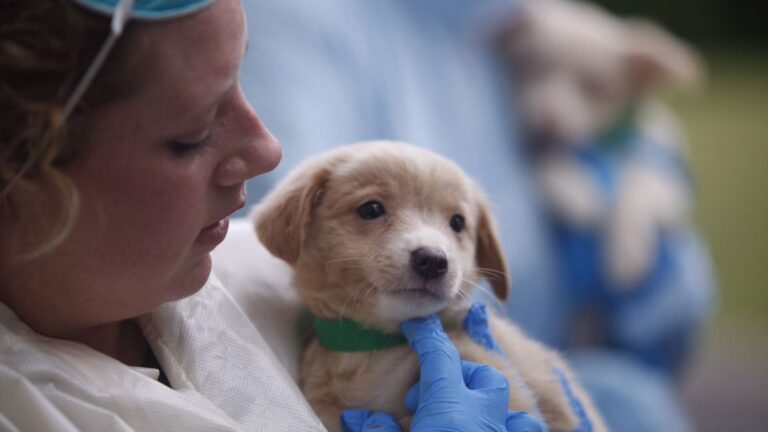Large corporate groups, regional market concentration and lack of proper information could weaken competition and result in pet owners being overcharged for veterinary medicines, the UK competition authority has warned.
The UK's Competition and Markets Authority (CMA) said it was concerned about the lack of transparency in the veterinary industry, affecting both pet owners and veterinarians.
The competition authority said on Tuesday that a survey carried out last September received more than 56,000 responses from the industry and its customers, finding pet owners were paying too much for medicines and not knowing enough about treatments. He suggested that the information may not have been given.
Pet owners overcharged
The UK's 16 million pet owners are being overcharged or at risk of being overcharged due to a broken system, the CMA has warned.
According to the report, 80% of veterinarians do not clearly display their prices on their websites, and lack of information is the main problem leading to high prices.
A further 80% of pet owners said they were not informed about the cost of the tests they agreed to have their pet undergo, and 90% said they did not receive proper pricing before their pet underwent surgery.
The CMA is concerned that veterinarians, who earn up to a quarter of their income from selling medicines, are not always informing customers of the option of taking a prescription and purchasing it elsewhere. 25% of pet owners didn't know this. Possible.
“As it stands, this legislation is not fit for purpose and is disappointing both veterinary teams and customers,” the British Veterinary Association (BVA) said in a statement.
Concentration of local markets and weakening of competition
Veterinary clinics are often part of the same company, but this is not always made clear, leading customers to believe they have more options than they actually do.
Six major corporate groups own nearly 60% of UK veterinary practices, including CVS, IVC, Linnaeus, Medivet, Pets at Home and VetPartners.
“Competition is becoming weaker in some areas, including through sector consolidation, and there is an incentive for large corporate groups to take actions that reduce competition and choice,” CMA CEO Sara Cardel said. I'm concerned about that.”
Competition authorities are concerned that pet owners have limited options for affordable pet care. Routine examinations do not necessarily require expensive treatment, but large groups with advanced equipment may facilitate them.
The companies that own most of the UK's pet clinics often own external businesses that provide services such as clinical examinations and cremation, and there may be an incentive to keep overall pet care within the same group. there is.
The CMA recommends updating the regulatory framework currently in place, which was established in 1966 and is said to be out of touch with today's realities.
The UK competition authority has announced that it has launched an extensive consultation until April 11 to seek input from the industry and improve outcomes for consumers.
“We are pleased that the CMA has recognized the need for reform to outdated veterinary law and the regulation of veterinary practice that we have been calling for,” the BVA said in a statement.


